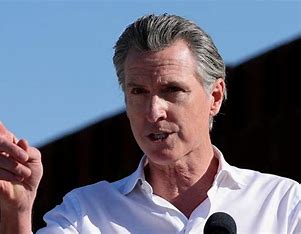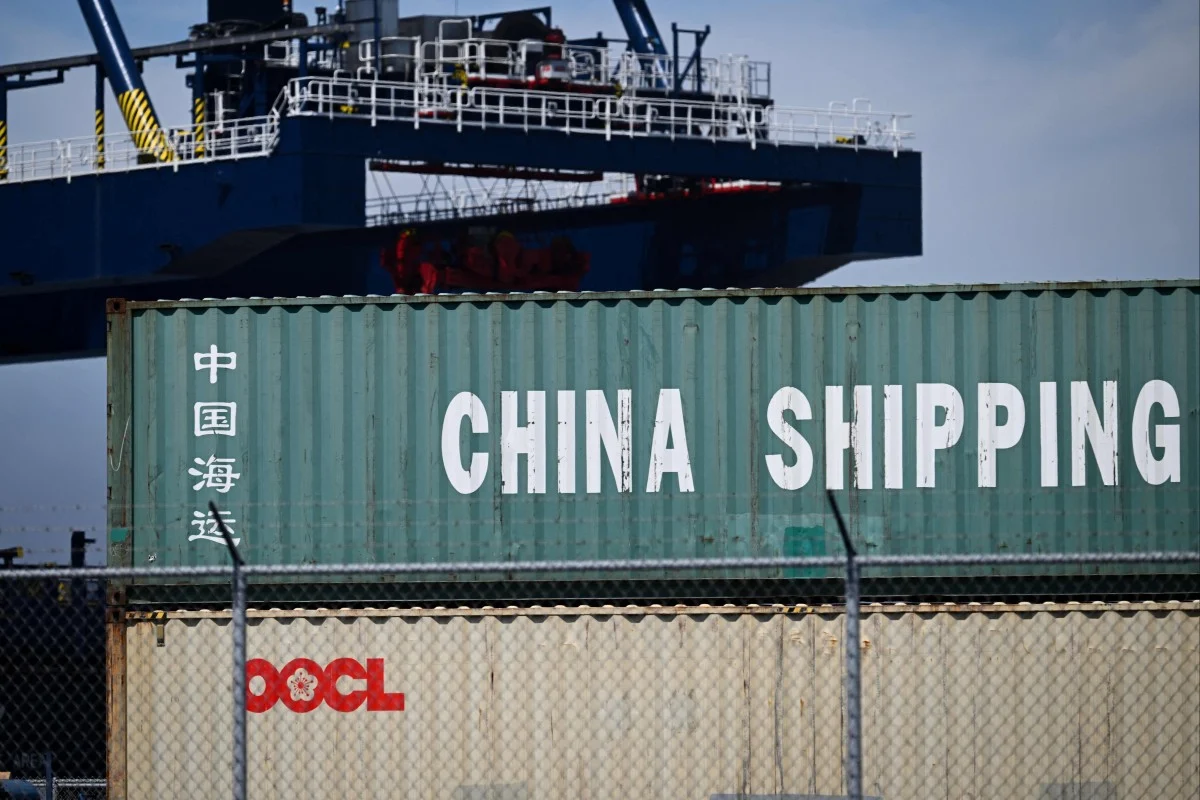
With experience in handling clients of businesses of all sizes, we have the knowledge and the expertise to offer you a proven trade finance solution for your situation. Whether you are a trader, an importer, exporter, introducer, a consultant, or a broker we are here to offer you integrated trade finance solutions for reasonable service costs.
Read More
© 2023 Back Cowrie Finance. All Rights Reserved.






